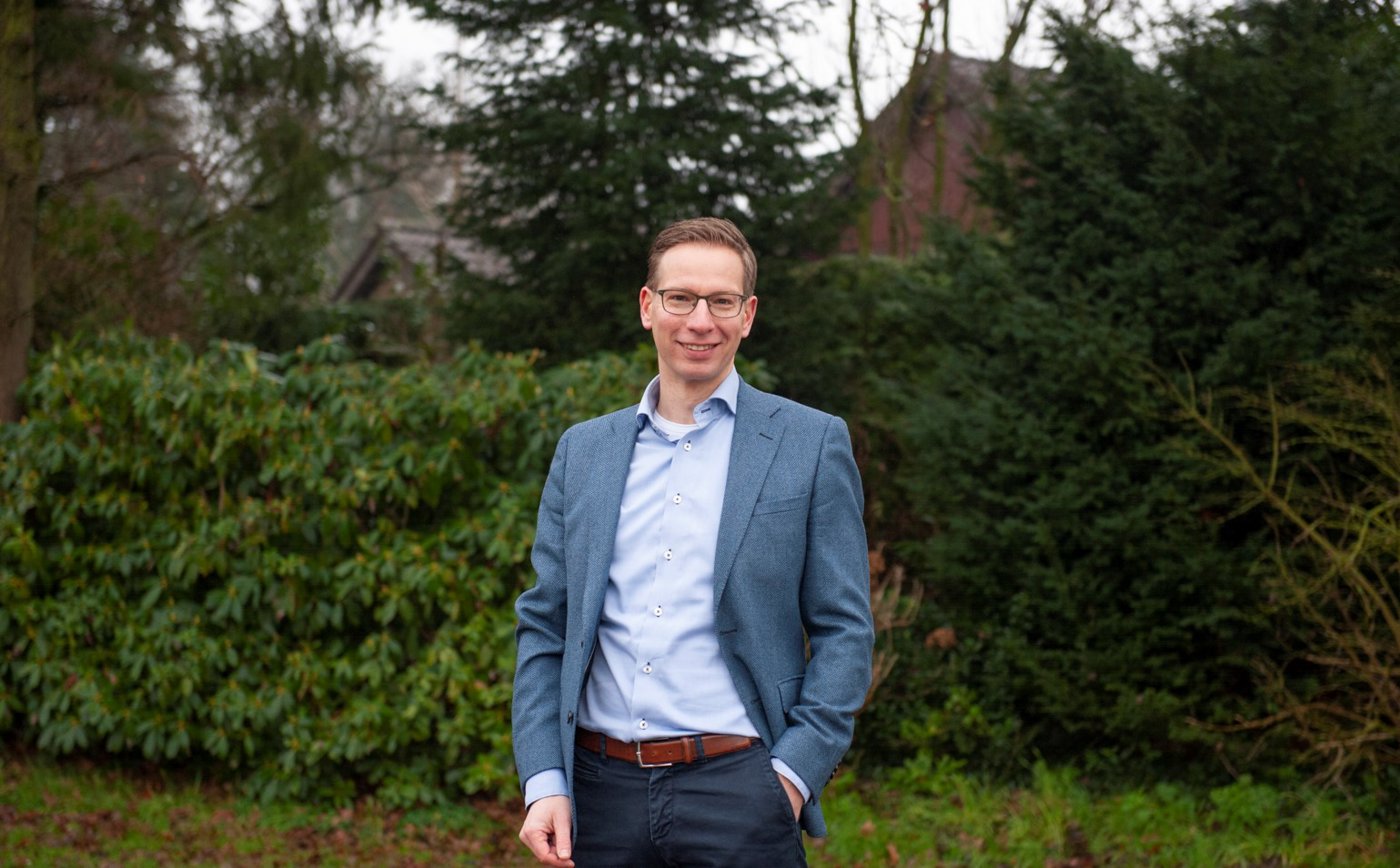“You work in the pension sector? Wow, exciting...” There are plenty of preconceptions about working for a pension fund or administrator. Perhaps not entirely justified, as a series of portraits of the people who work there every day shows. Like Jan Bonenkamp, who works as an expert strategist at APG Asset Management (AM). “Our investment strategies must provide the participant with a good pension.”
What does an expert strategist do at APG?
“I make recommendations to pension funds - ABP in particular - on their strategic investment policy. For example, should they invest more or less in risky investments? To do this, I create all kinds of possible scenarios based on model calculations. What could the economy do? What impact could changes have? What impact will that have on the coverage ratios? Or on the likelihood that pensions may be increased or will have to be reduced?”
You do that by yourself?
“No, I work with a whole team of strategists. Everyone has their own role and expertise. We also consult a lot with coworkers from other departments. We need their input, for example, to be able to create economic scenarios and realistic proposals for investment policy.”
What do you like about doing that?
“I enjoy finding solutions to complex problems. You look at them from various perspectives, make connections. The combination of being analytical and being able to explain the story behind the calculations is interesting and challenging. The fact that I have to deal with many different parties makes it dynamic. Every day is different.”
